
As you'd expect from our climbing and hillwalking remit, we review a lot of technical gear and clothing. Occasionally, though, we'll come closer to the lifestyle end of the outdoor spectrum, and here's a good example. Luci Site Lights are something a little different, but don't write them off as a gimmick.
A more versatile, brighter alternative to wired fairy lights, these funky solar powered tent lights are unlikely to be found on an alpine bivvy or long distance minimalist backpacking trip, but they'd shine on a car camping holiday or an evening out in the garden. Don't assume from that that they have no place in a more 'serious' outdoor setting, too. I've been using them on hill camps this summer, and a couple of these little units give you a lot of extra light around the tent for what's really a negligible extra weight in your pack. Unnecessary extras, yes; but they're practical too in their way.
What are they?
Site Lights are small wireless lights for outdoor use, rechargeable either via a solar panel (included) or by USB-C. Sold as a set of six individual units, they come in a chunky carry case which doubles as the charger, and the set also includes six sturdy tent pegs. The lights can be ground-mounted on their pegs, or hung for overhead lighting. Sounds simple, but I've not seen anyting else quite like them.
In use
Turning on with a twist, which works in either direction, the lights scroll through three modes - low, medium and high. Luci don't offer output figures in terms of lumens, but I think medium and high are plenty bright enough, and a couple will cast a useful pool of light to illuminate the ground around the entrance to a tent. When the kids have had summer garden camp-outs we've used them like runway lights to mark a monster-free path back to the house; no children were lost in the making of this review. String up all six inside your tent and you won't be needing a lantern as well.
The pegs are pretty decent tent stakes in their own right, with good holding power. If you don't want to pop the lights on the pegs to illuminate the ground they can also be strung up, attaching via a little notch that's designed to grip onto a line. It's a good idea in principle but I struggle to get the 'String Notch' to bite on thinner guylines, which is a pain when that's all you have; it needs a cord of at least a couple of millimetres diameter, and the best thing I've found is an elastic bungy which has some give for the notch to bite into. Alternatively you could of course tie them onto a string. I think this hanging method needs some design refinement, the only criticism I can make of Site Lights.
Altogether it's a neat set, and feels sturdy, but at a very hefty 592g all-in it's not one you're going to carry very far, so the whole thing is only viable for car camping. The individual lights are tiny though, weighing just 16g apiece (yet not flimsy with it), while the tough ABS tent pegs come in at 19g each, so you can leave the case at home and stick a few of these in your pack with very little weight penalty. This makes them genuinely useful for wild camping/backpacking.
The light nodes are IPX4-rated water resistant, and in most conditions I'd have no qualms leaving them out overnight in the rain; but they are not fully submersible, so perhaps it's sensible to draw the line at a full-on deluge in Eryri. The carry case/charger is only weatherproof if it's been fitted with the protective rubber band that comes with it, which seals around the folding lid, and if you leave it outside your tent to soak up the rays while you're out and about then it would be wise to put this band on. With an operating temperature range of 0-45 degrees they're not really a winter thing - but then neither is lounging around outdoors at night.
Charging and burn time
These little units hold a decent charge, with a burn time of up to 20 hours on low, 12 hours on medium, or up to six hours on high setting. That's at least a couple of nights camping out of a pack. More than a few nights away and you'll need to bring the heavy charger of course, so in backpacking terms they're only really for shorter weekend trips.
When power needs a boost they pop neatly in the carry case/charger, snapping into place magnetically, and seem to recharge in a couple of hours or so. The lights glow orange when charging and green when fully charged - though it has to be said that in daylight these glows are almost imperceptible (not helped by my red/green colour blindness perhaps). The 2,600 mAh battery in the charger itself can be topped up either via its solar panel or with a USB-C connection (lead included). You get a battery level indicator on the box; I've not managed to get to 100% charge via solar alone, but this has been the summer that sunlight forgot up in northern Scotland, and it probably fares better in Luci's American home.
Ethics and environment
There's a lot to say here. For starters there's the obvious point that these rechargeable lights will never need an additional battery; and if you can get a decent charge off the sun then it's basically cost-free power.
As a B Corp, MPOWERD, the company behind Luci Lights, is predicated on a more sustainable and equitable business model. They donate lights to NGO and not for profit partners, and they also sell at a discount to emergency markets. These initiatives allow schools to function, clinics to stay open longer and small businesses to trade after dark in communities in developing countries without access to reliable electricity, they say.
The verdict?
They're not cheap, and definitely count as a nice-to-have rather than an essential, but these clever tent lights should bring a bit of fun and some useful illumination to your car camps and backpacking weekenders for years to come. Being solar powered is a big plus point too.



















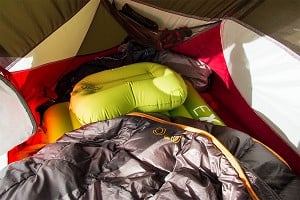
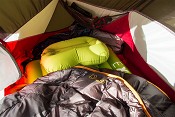
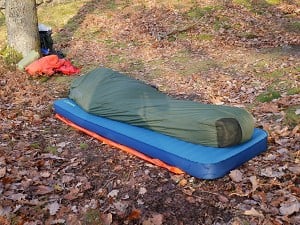
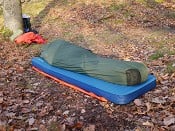
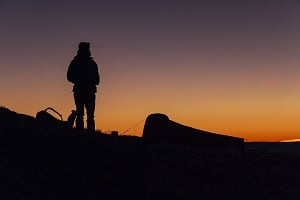
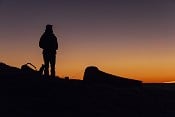


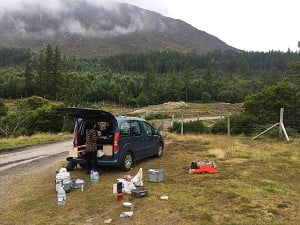
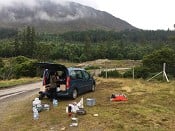


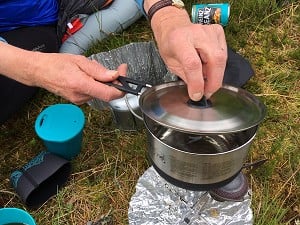
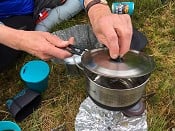
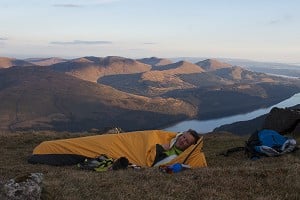
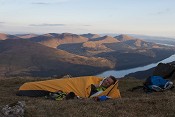
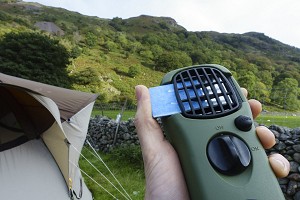
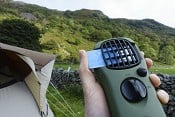
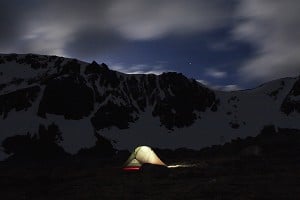
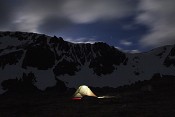
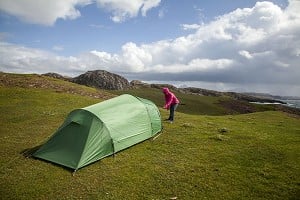
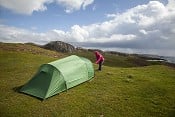
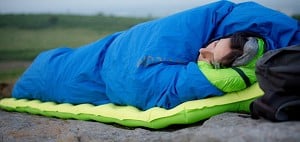



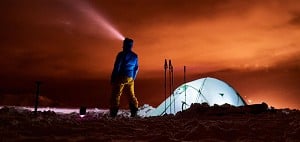

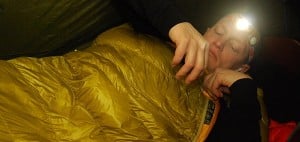

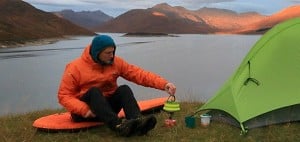

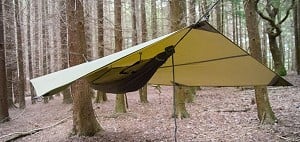

Comments
I can't help but think this a a poor and ill-considered product review from UKC. Encouraging more light pollution in the outdoors can't be a good thing, especially in the countryside and especially for our night flying moths and insects which are in huge decline and who natural behavior is already massively affected by human lighting. Not even a mention of light pollution in the 'Ethics and environment' paragraph, very poor outdoor journalism in my opinion.
Putting Jon's issues to on side....
I have a couple of sets of the Luci string lights and they have been excellent. Really good, well made products that get used every family camping trip*.
*to light the inside of our tent Jon, put that pitchfork down..... I don't take these kind of lights wild camping but they get a lot of use family camping and the Luci site lights would be good addition for garden/festival style lights.
My thoughts exactly.
They'd be good at an event or a festival but the appeal or point of using them out in the hills is lost on me.
No pitchfork here so no need to poke me. I'm sure they're mint for the inside of a van or tent/gazebo. As for a 'summit camp' or 'hill camp' I can't see why trying to reduce unnecessary light pollution from such an environments is such an disputed issue. Surely we should all be trying to minimise our impact in such areas, particularly if wild camping.
Sorry Jon, was only joking! I agree we should all endeavor to have as little impact on the environment as possible, especially wild camping*, and that includes light pollution.
*I also have similar reservations about the prevalence of using site lights for nighttime bouldering but I shall leave that can unopened for now.....